Places to visit in Jodhpur
Often called the Blue City, is a vibrant blend of royal heritage and desert charm. Nestled on the edge of the Thar Desert, this historic city is known for its imposing forts, ornate palaces, and blue-painted old town. Whether you’re wandering through ancient alleys, marveling at intricate architecture, or enjoying local delicacies, Jodhpur offers a rich cultural experience that captures the essence of Rajasthan’s regal past.
Wiki Link: Places to visit in Jodhpur
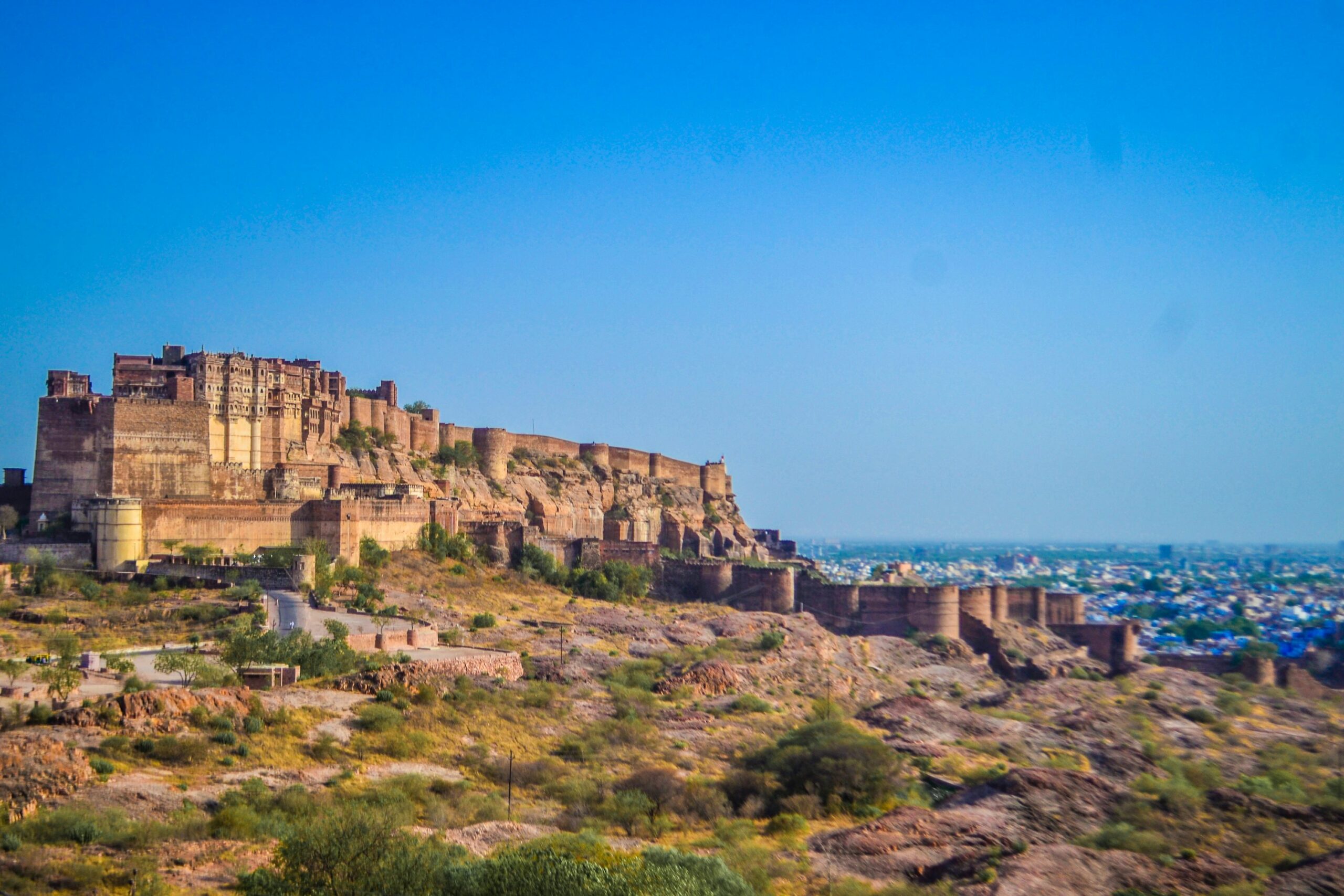
Mehrangarh Fort
Towering 400 feet above the city, Mehrangarh Fort is one of India’s largest and most spectacular forts. Built in the 15th century by Rao Jodha, it boasts massive walls, intricately carved palaces, courtyards, and a museum showcasing royal artifacts, weapons, and costumes.
The fort provides panoramic views of the “Blue City” below and is steeped in legends and battles. The Chamunda Devi Temple and historic cannons add cultural depth to the visit. Illuminated at night, the fort glows with regal charm.
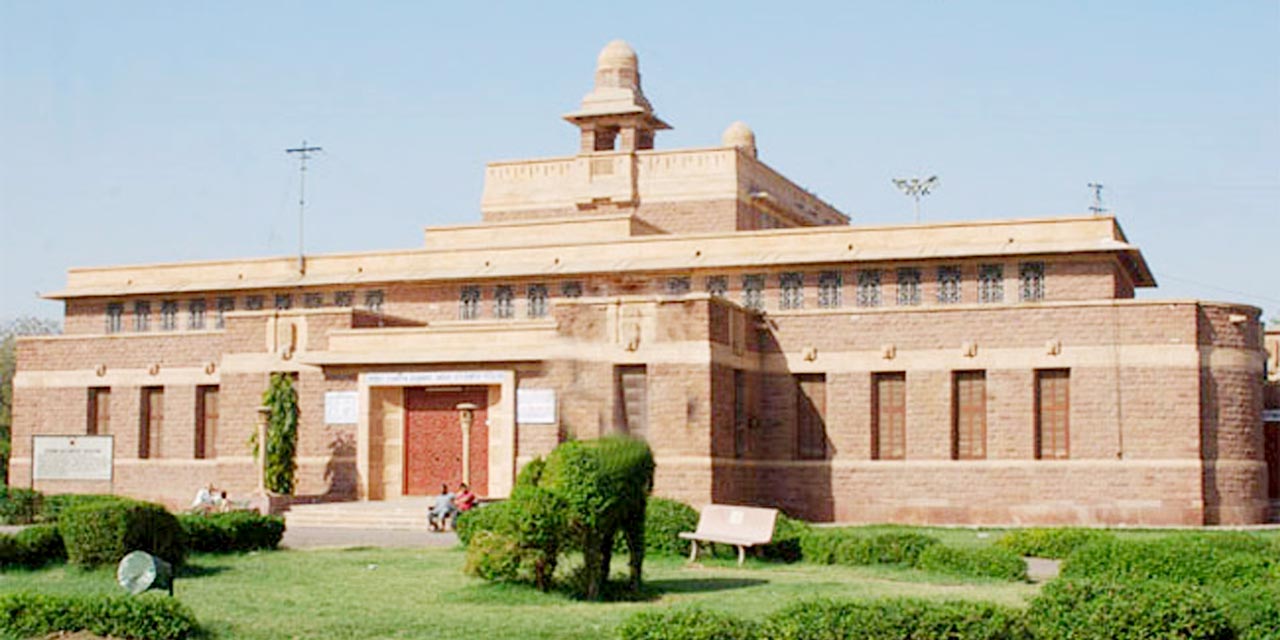
Sardar Government Museum
Located in Umaid Garden, it houses collections of weaponry, textiles, miniature paintings, and artifacts.
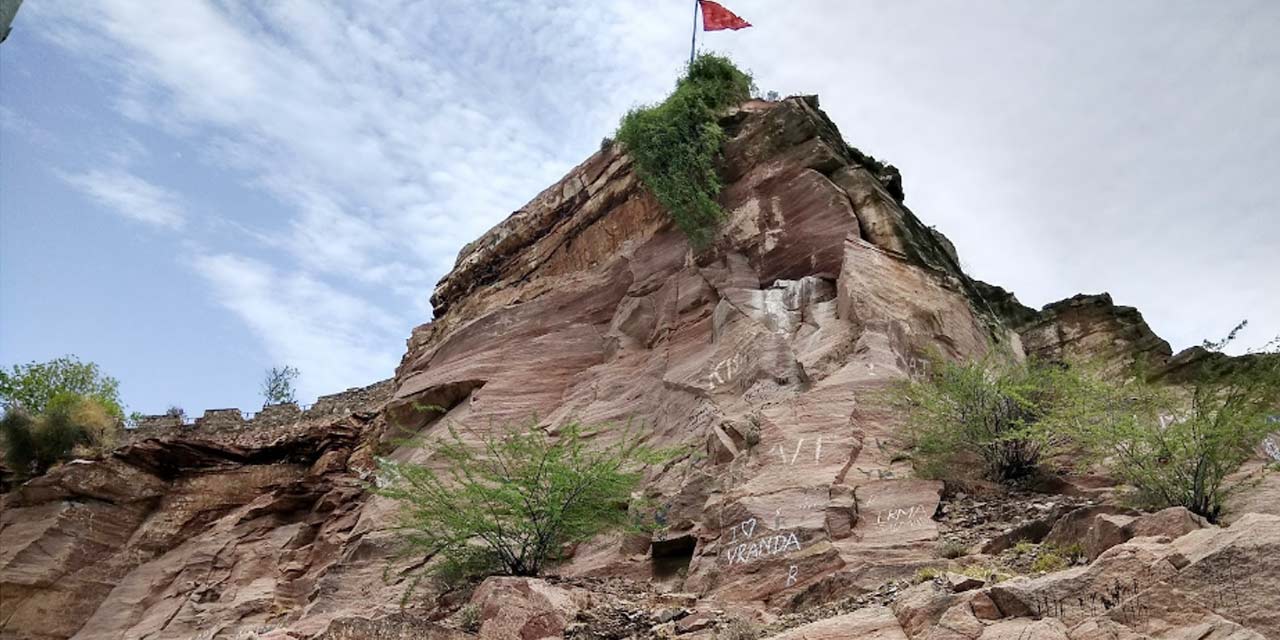
Masuria Hill Garden
A hilltop park offering sweeping views of the blue city and a peaceful retreat from the urban bustle.
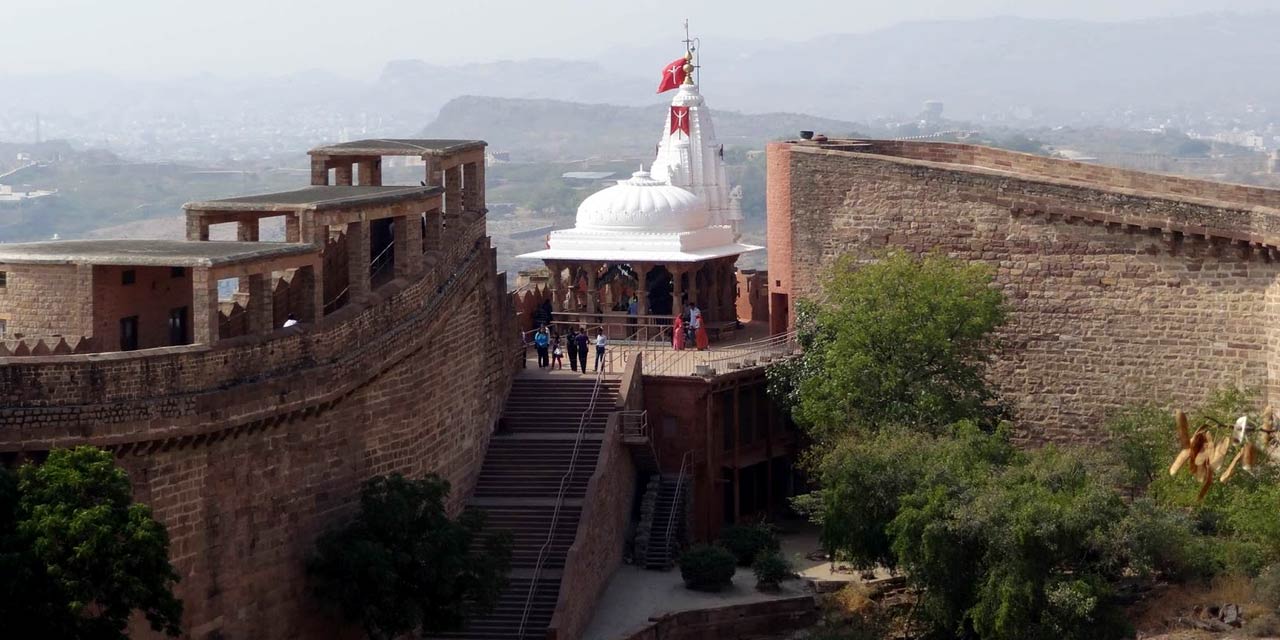
Chamunda Mata Temple
A revered temple offering spiritual ambiance and great views, situated inside the fort’s premises.
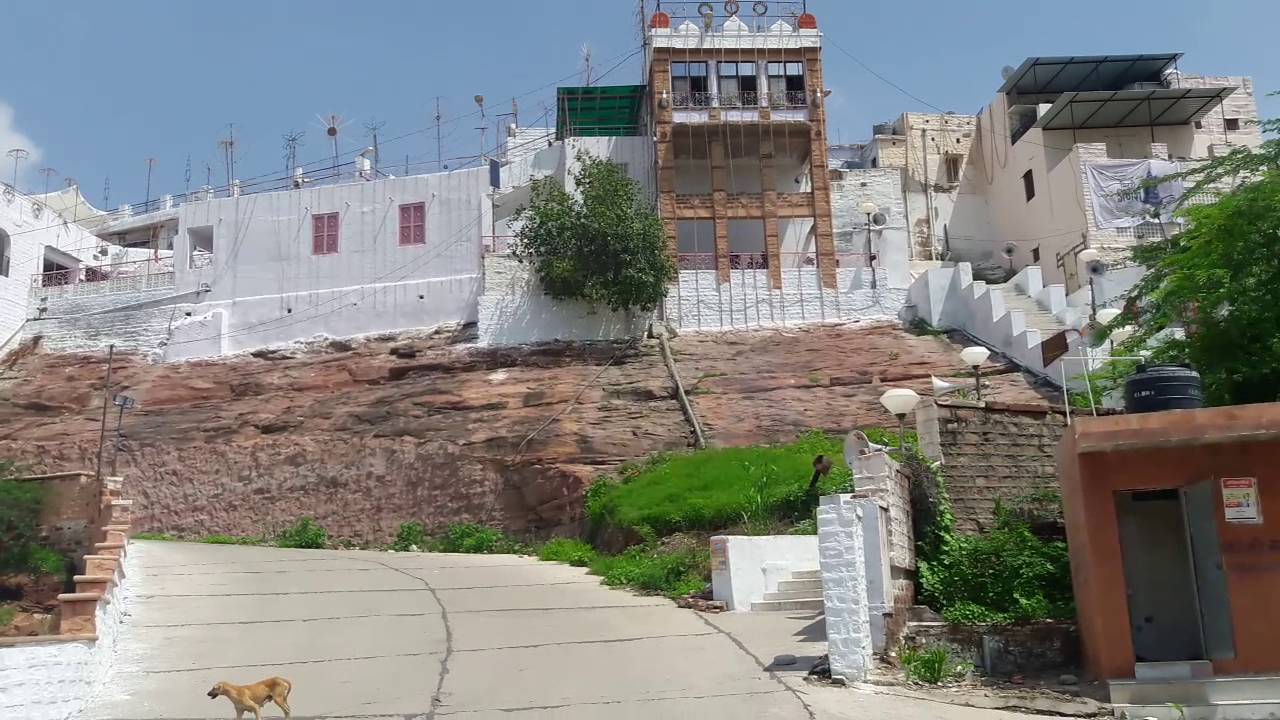
Ganesh Temple
This hilltop temple dedicated to Lord Ganesh offers panoramic views of the city.
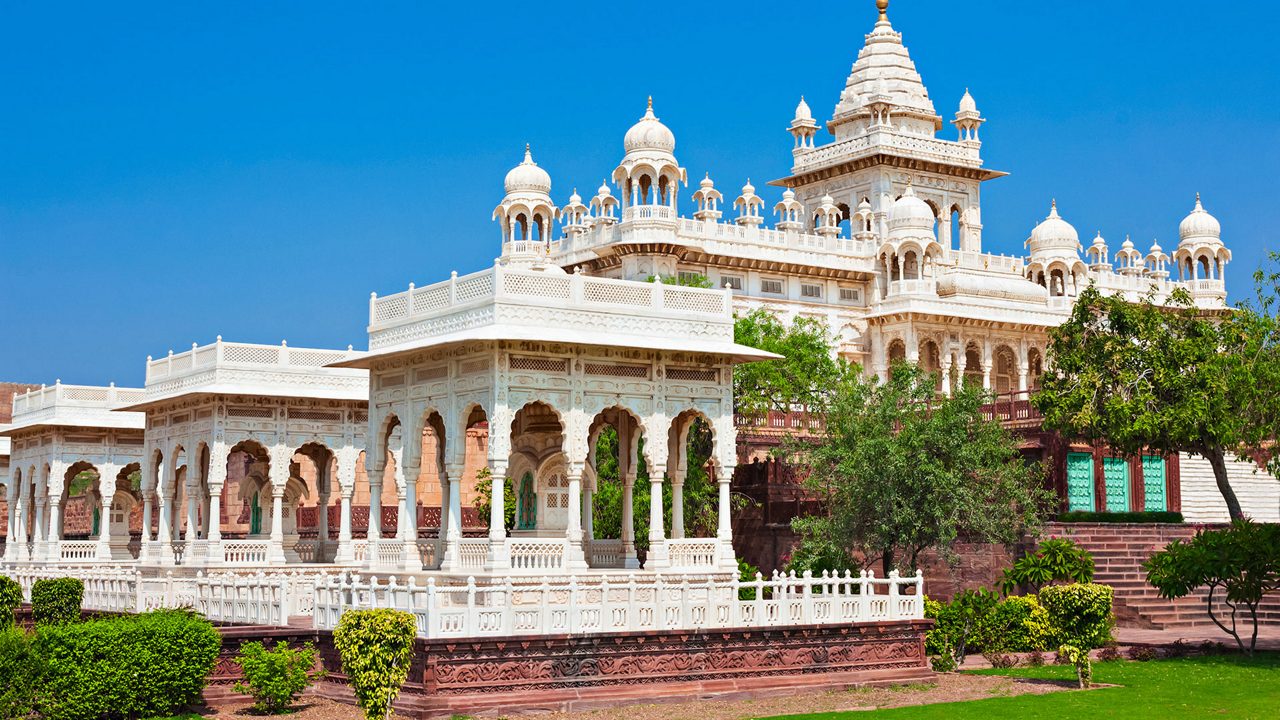
Jaswant Thada
Often referred to as the “Taj Mahal of Marwar,” Jaswant Thada is a 19th-century white marble cenotaph built in memory of Maharaja Jaswant Singh II. Located near Mehrangarh Fort, the structure features delicate jali work, portraits of Marwar rulers, and serene gardens.
The marble sheets used are so finely polished that they emit a warm glow when sunlight filters through. The peaceful ambiance and reflective pond nearby make it a serene spot for visitors. It serves both as a royal memorial and a tranquil retreat.
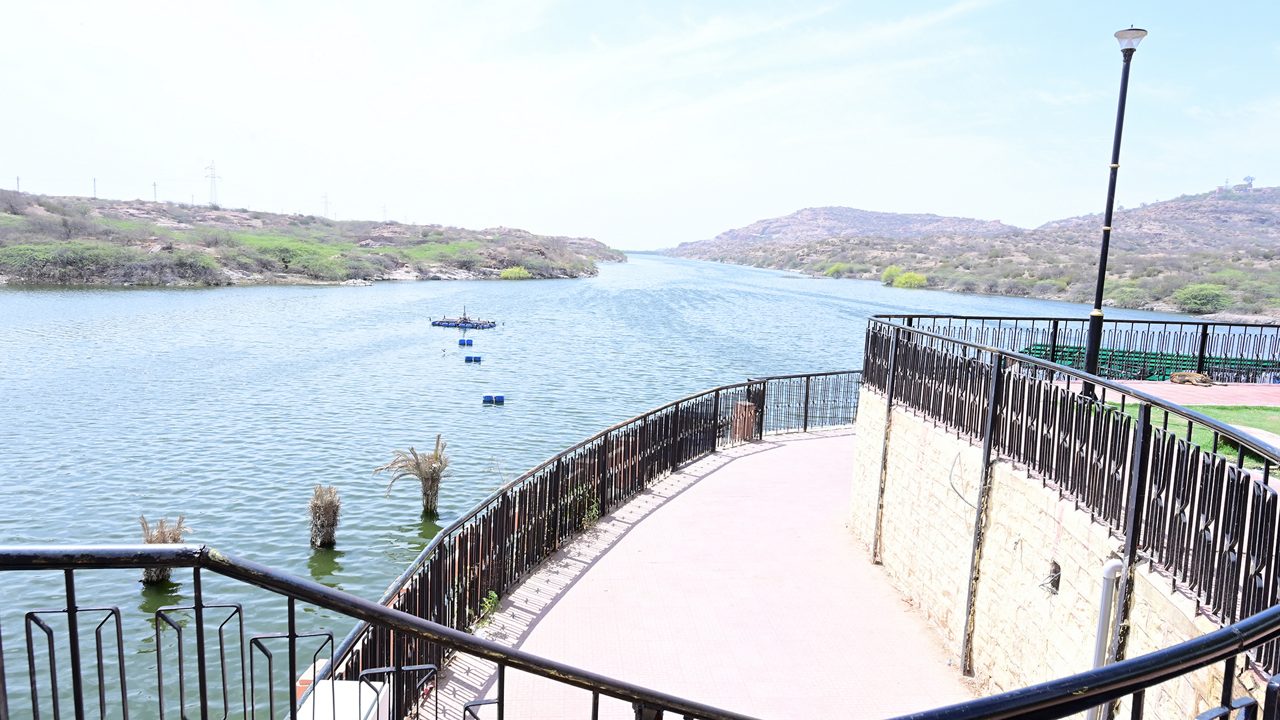
Kaylana Lake
A man-made lake surrounded by rocky terrain and a popular spot for birdwatching and boat rides.
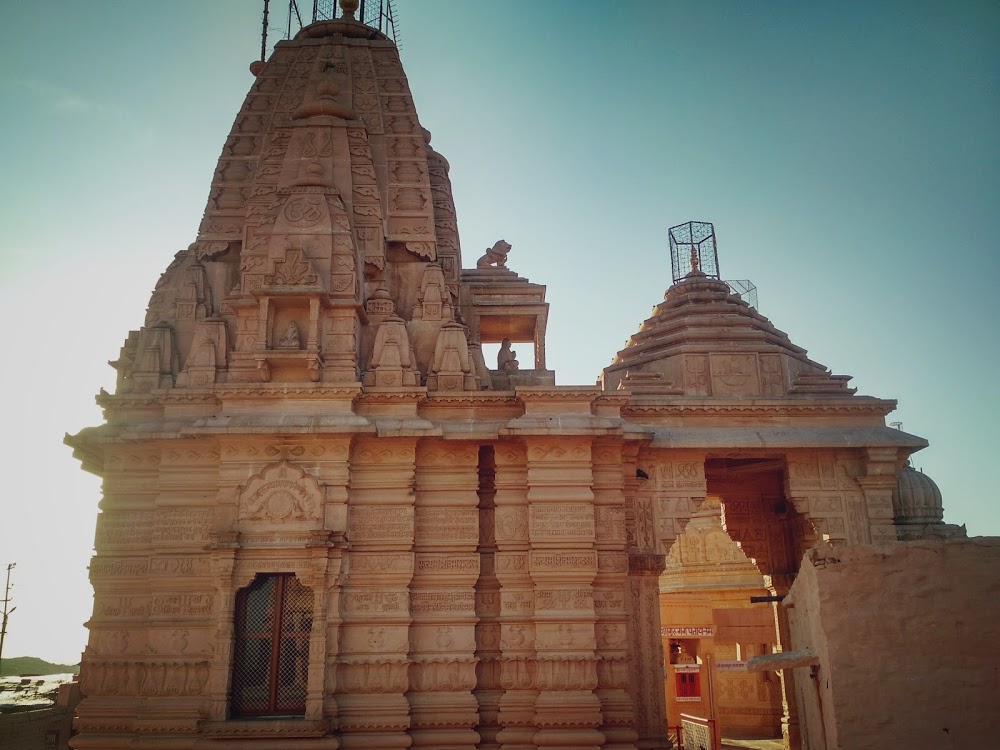
Siddhanath Shiv Temple
A lesser-known heritage site dedicated to Lord Shiva, known for its peaceful atmosphere.
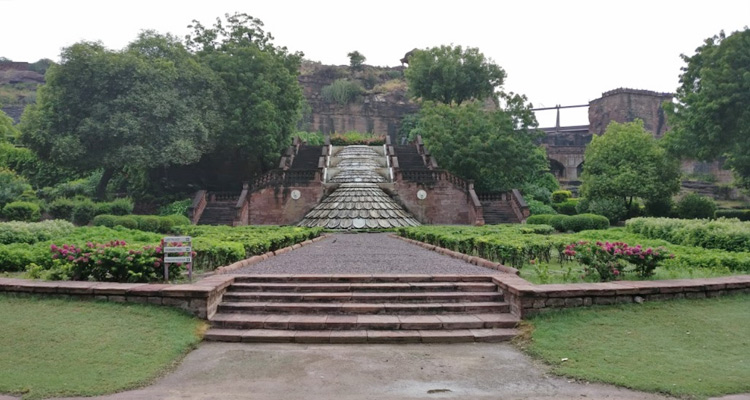
Balsamand Lake and Garden
An artificial lake with a tranquil palace and gardens, ideal for a picnic or peaceful stroll.
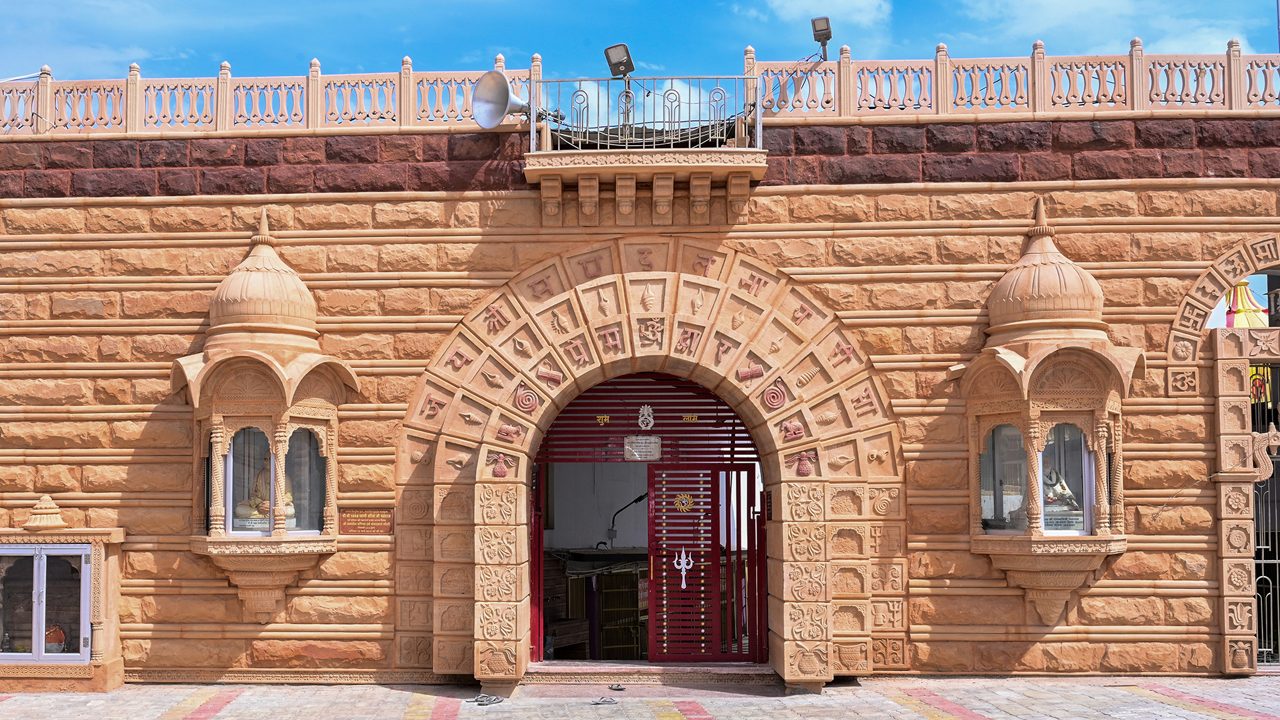
Mahadev Temple (Ratanada)
A small but significant Shiva temple, popular among locals and tucked away from tourist crowds.
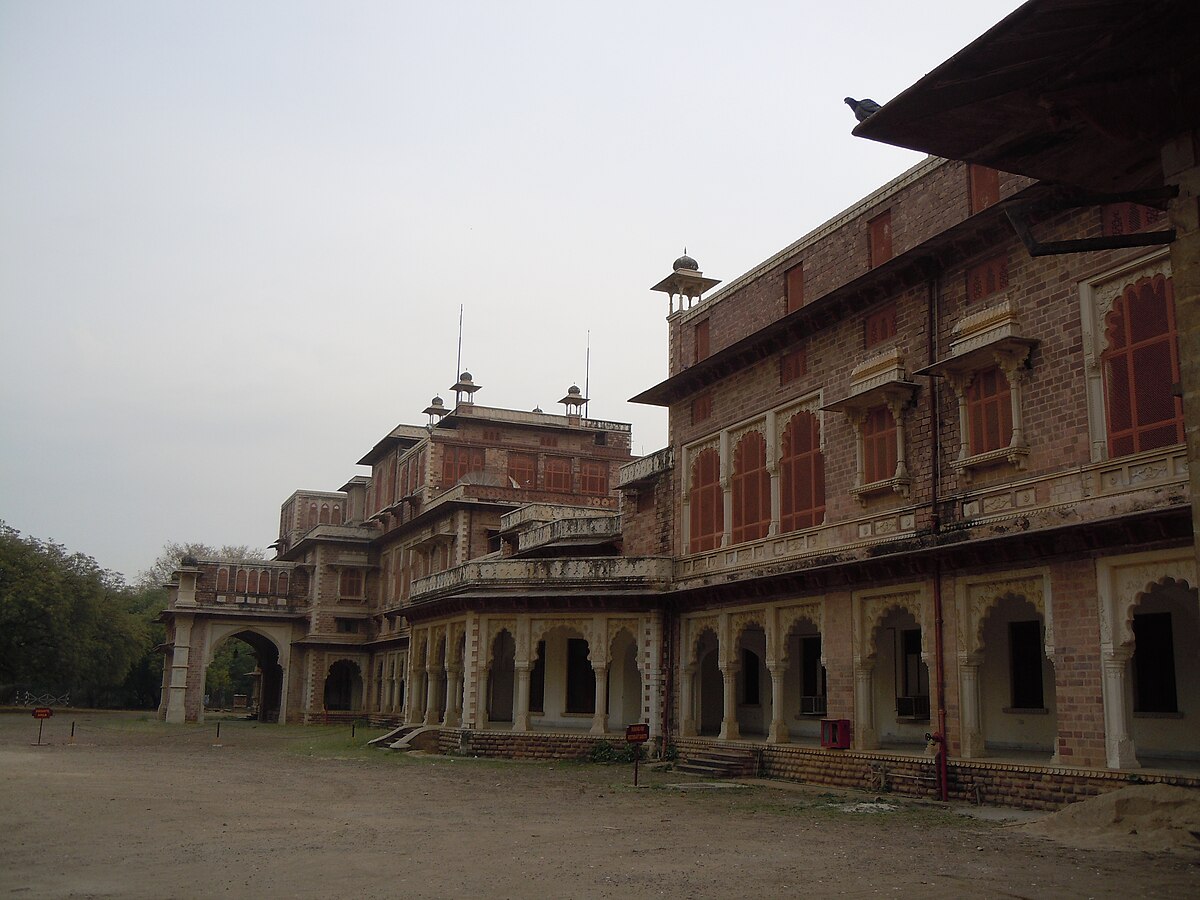
Umaid Bhawan Palace
Completed in 1943, Umaid Bhawan Palace is one of the world’s largest private residences. Designed by Edwardian architect Henry Lanchester, it blends Indo-Saracenic and Art Deco styles. Part of the palace is still home to the royal family, while the rest is now a luxury Taj hotel and museum.
The museum showcases royal heirlooms, vintage clocks, and classic cars. Surrounded by manicured gardens and peacocks, the palace exudes royal grandeur. It’s a must-visit to experience Jodhpur’s regal past and architectural brilliance.
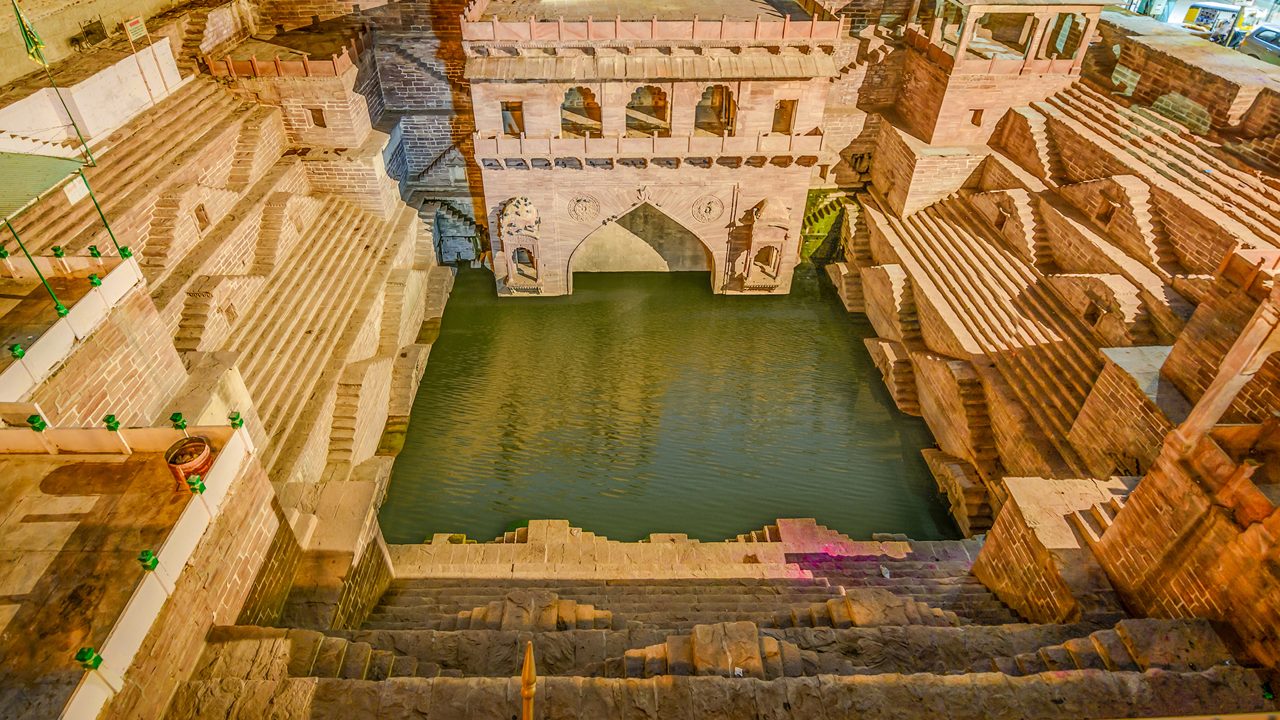
Toorji Ka Jhalra
An intricately carved 18th-century stepwell that once served as a water source and is now a beautiful hidden gem.
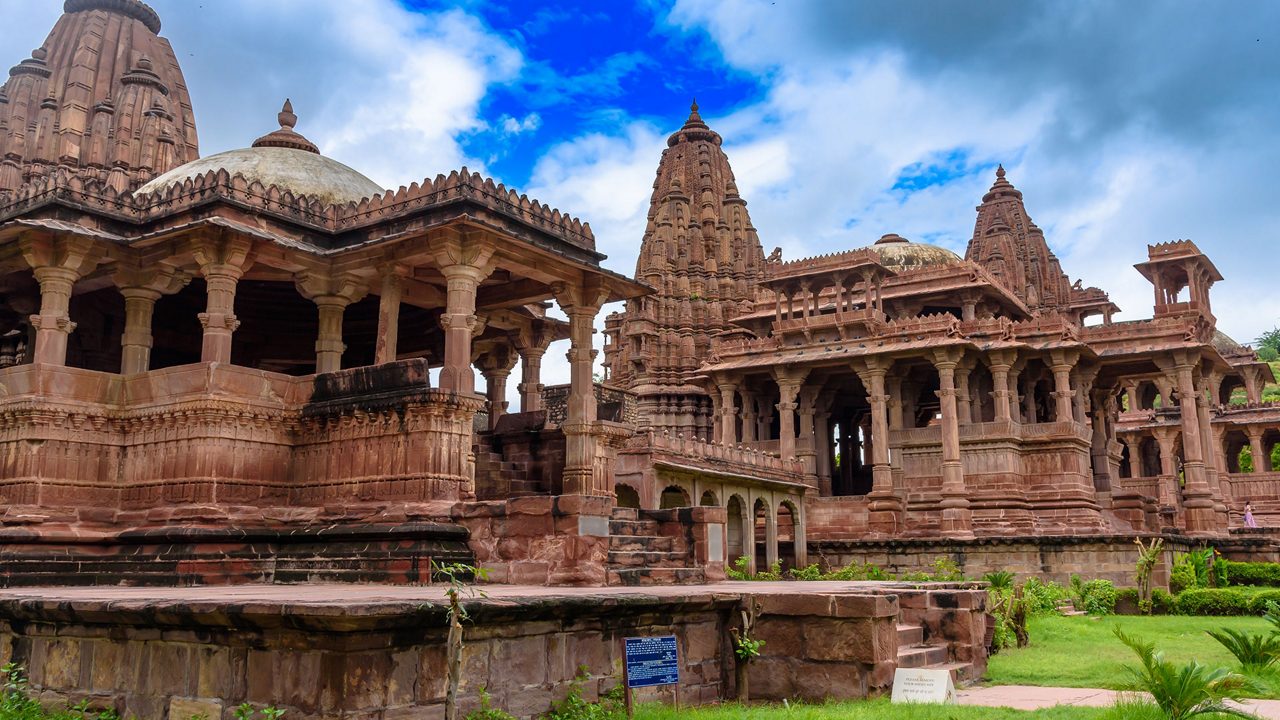
Mandore Gardens
A historical park featuring royal cenotaphs, temples, and lush gardens dedicated to Marwar’s rulers.
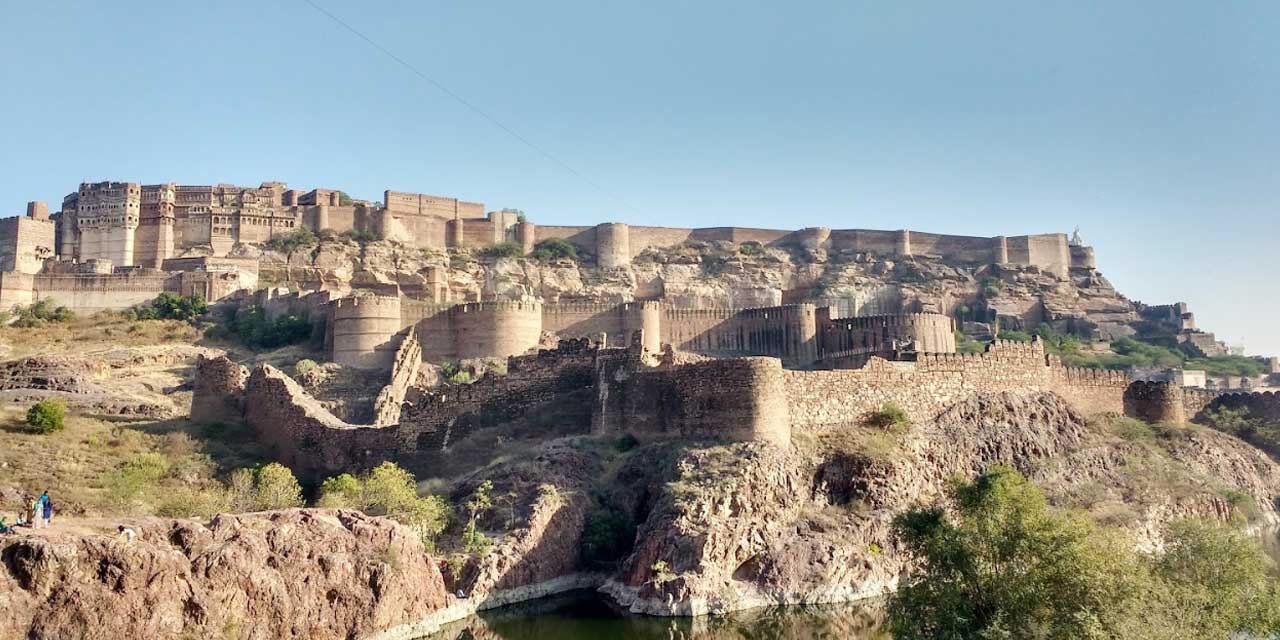
Rao Jodha Desert Rock Park
A conservation area showcasing native desert flora and scenic trails beneath the fort’s ramparts.
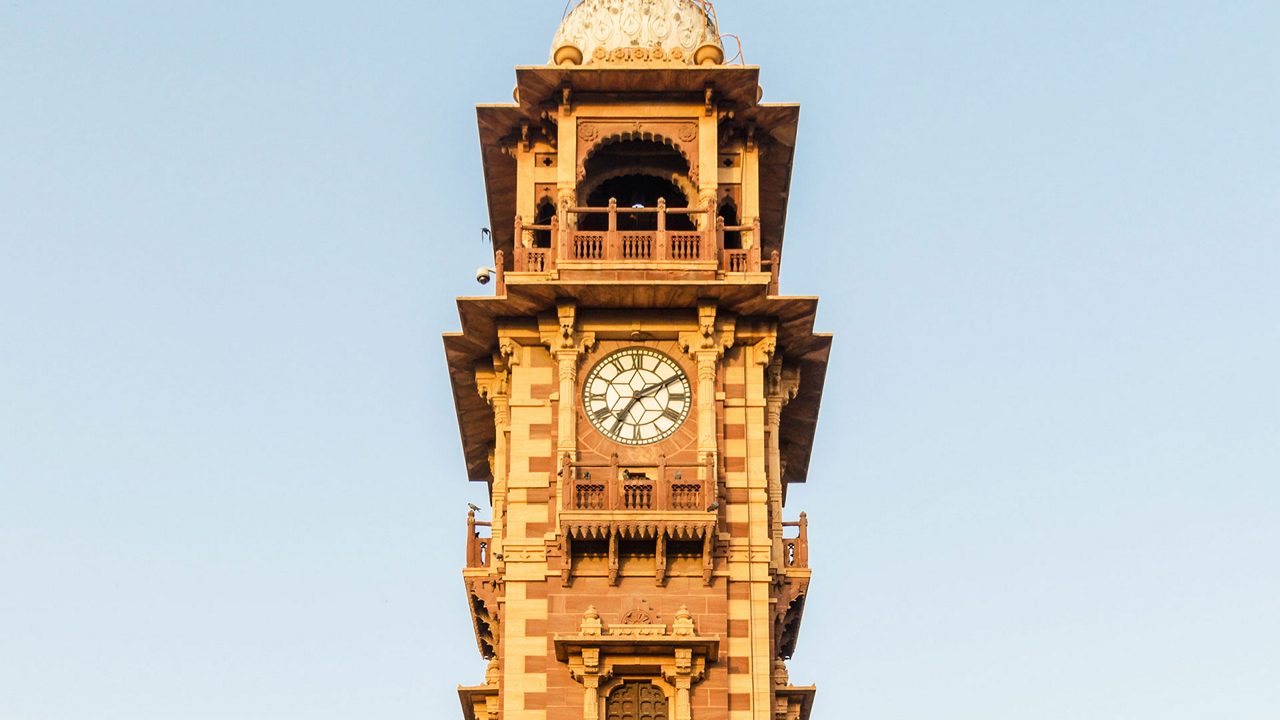
Clock Tower
A popular landmark in Jodhpur, built during the reign of Maharaja Sardar Singh. Adjacent to it lies the vibrant Sardar Market, offering spices, handicrafts, textiles, and street food.
The area pulses with local life, traditional Rajasthani culture, and bargain-worthy finds. The tower itself, though simple in design, stands as a colonial-era reminder of the city’s commercial history. It’s a great place to soak in the daily rhythms of Jodhpur. Visiting in the evening reveals a colorful, bustling local scene.
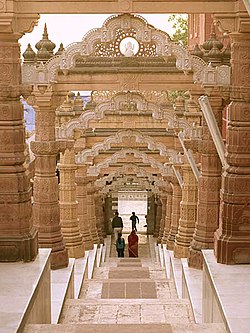
Osian
Osian, located about 65 km from Jodhpur, is renowned for its 8th–12th century Hindu and Jain temples. Known as the “Khajuraho of Rajasthan,” it showcases intricate carvings, especially in the Sachiya Mata Temple and Mahavira Jain Temple. This desert town was once a flourishing trade center on the Silk Route.
The temples reflect a mix of religious harmony and Rajput grandeur. Visitors can also enjoy camel rides and experience desert culture in nearby sand dunes. It’s a perfect blend of spiritual depth and architectural beauty.
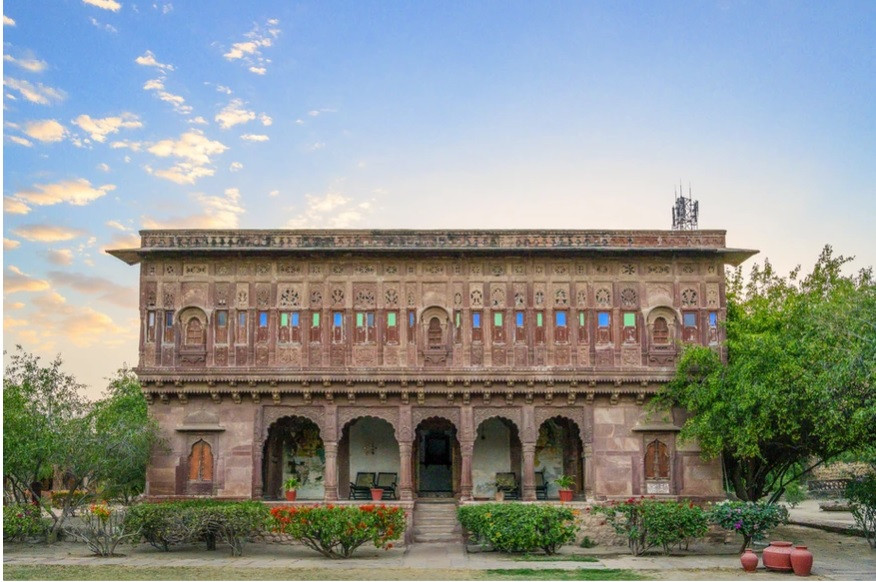
Chandelao Garh
A restored fort where you can experience rural hospitality and traditional Rajasthani architecture.
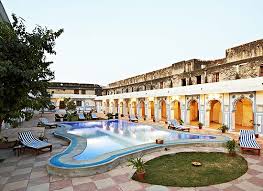
Nimaj Palace
A heritage resort surrounded by a lake and gardens, perfect for cultural and wildlife experiences.
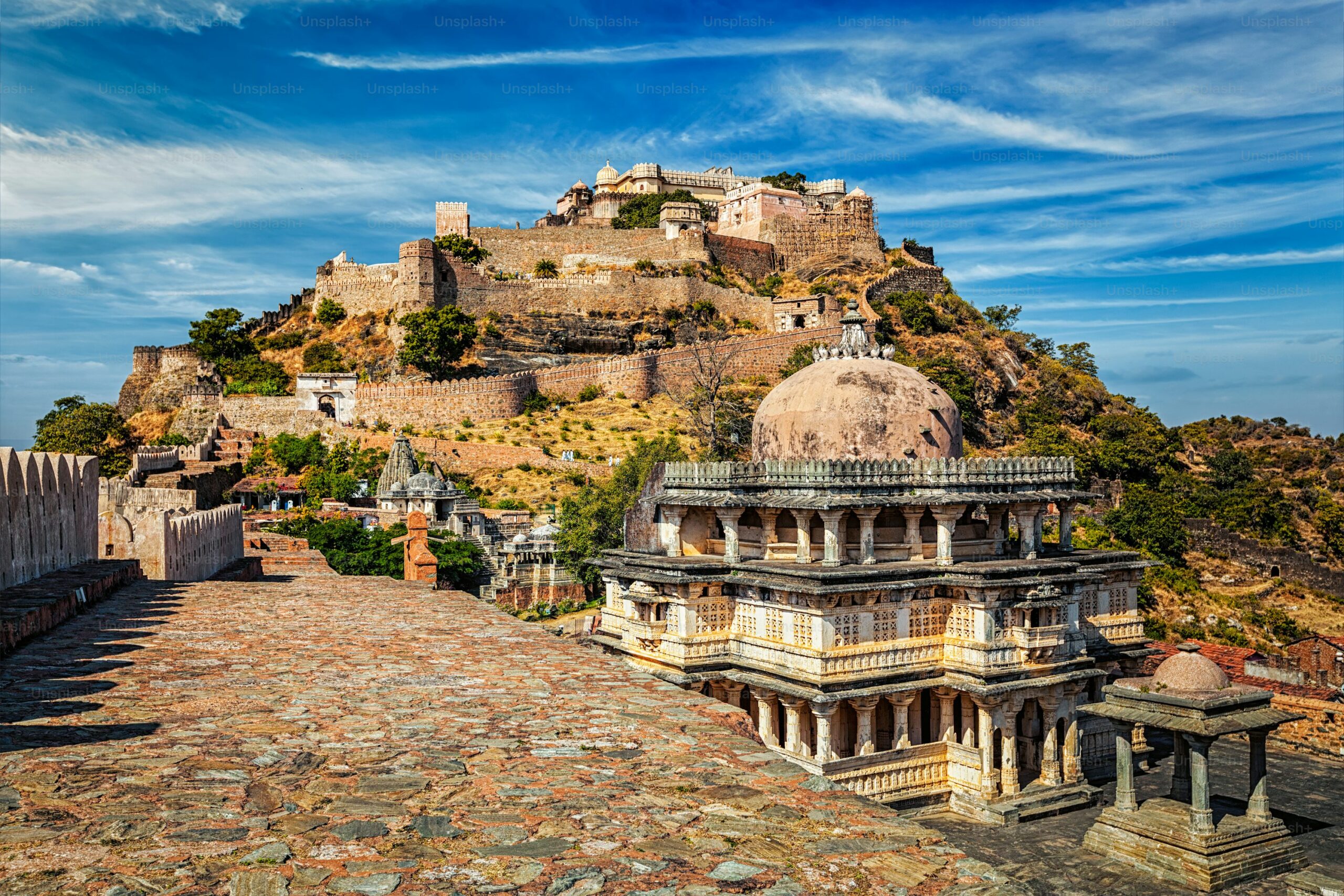
Kumbhalgarh
A UNESCO-listed fort famed for its second-longest wall in the world and scenic hilltop location.
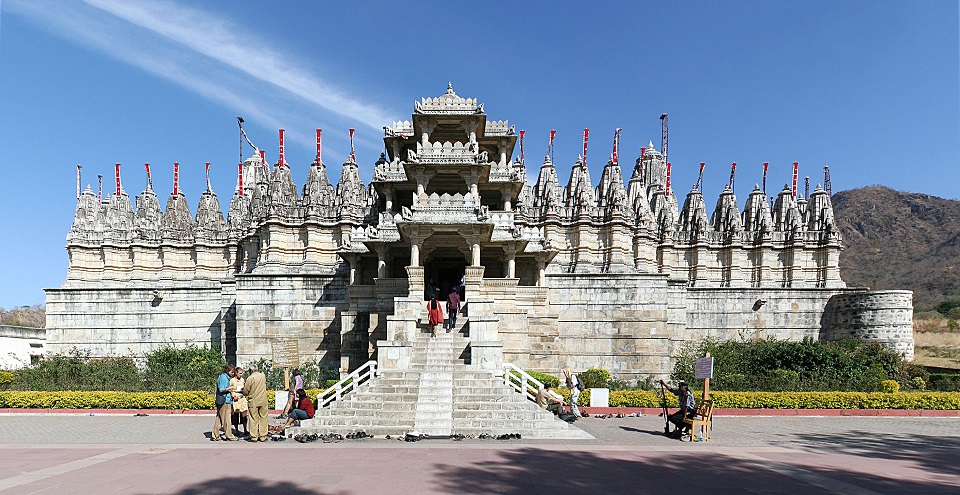
Pali
A town steeped in heritage with old Jain temples, stepwells, and a slower pace of life.

Mandore
Located just 9 km from the city, Mandore was the former capital of Marwar before Jodhpur. The site houses the beautiful Mandore Gardens, lined with cenotaphs (chhatris) of Marwar rulers built in red sandstone.
These memorials are architectural masterpieces, blending temples with royal tombs. The gardens also include the Hall of Heroes and a museum showcasing regional history. With its peaceful setting and rich heritage, Mandore offers a quiet escape from the urban bustle. It’s ideal for history lovers and photographers alike.
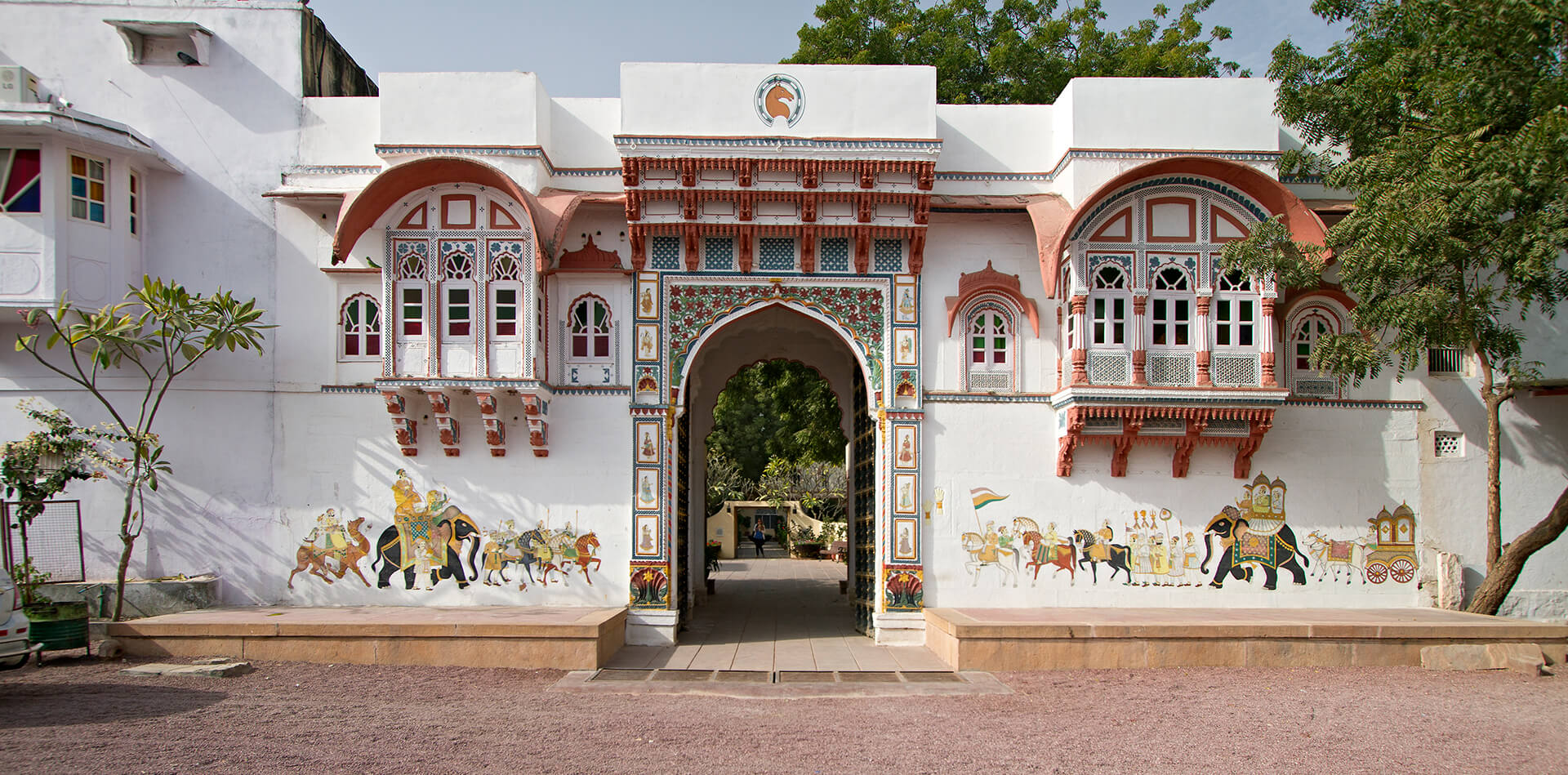
Rohet Garh
A heritage hotel and former royal estate offering village safaris, horse rides, and a glimpse of Rajasthani aristocracy.

Balsamand Lake Palace
A peaceful palace-resort surrounded by landscaped gardens and a tranquil lake, perfect for day visits and dining.
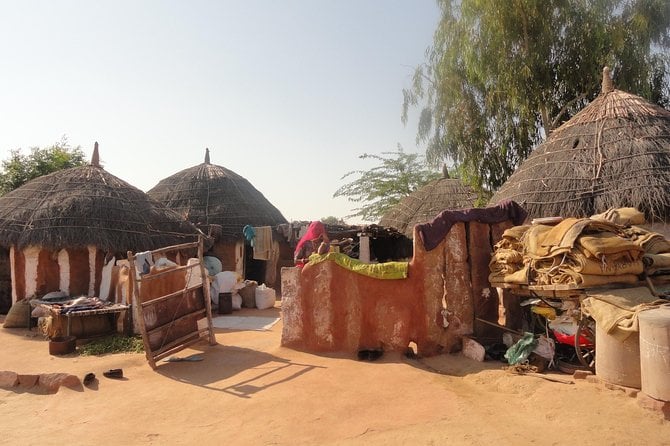
Salawas Village
Home to traditional rug weavers, this village offers an immersive experience into rural craftsmanship.
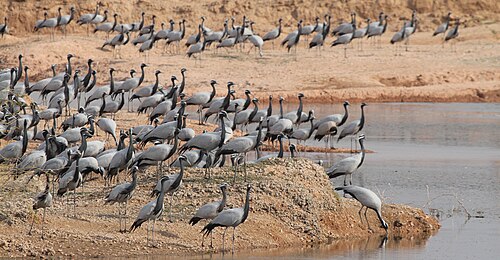
Khichan Village
A small, eco-conscious village about 145 km from Jodhpur, globally famous for its annual congregation of Demoiselle cranes. From October to March, over 20,000 of these graceful birds arrive from Eurasia, creating an awe-inspiring sight.
The local community plays a key role in feeding and protecting them. It’s a haven for birdwatchers, wildlife photographers, and nature lovers. Beyond the cranes, Khichan offers insights into sustainable village tourism. Its calm atmosphere and natural rhythm make it a tranquil detour.
Jodhpur Blogs
- Rajasthan Cultural guide
- Places to visit in Jodhpur
- Places to visit nearby Jodhpur
- India’s most popular destination
- India’s archaeological marvels
Recommended articles
- Rajasthan Cultural guide
- Places to visit in Jodhpur
- Places to visit nearby Jodhpur
- India’s most popular destination
